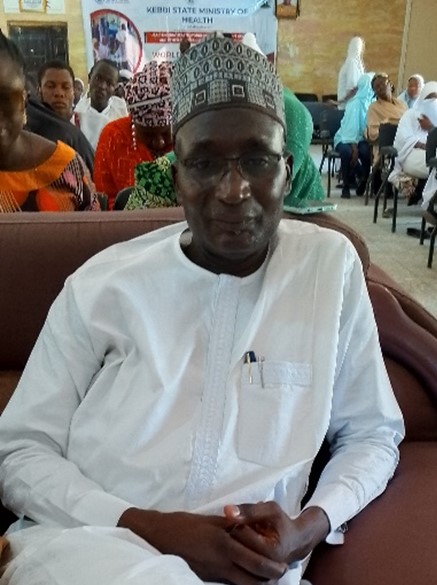Transforming Health Care in Kebbi State: Strategic Recruitment and Retention of Health Workers
Kebbi State has long faced a critical shortage of skilled birth attendants (SBAs) at primary health centers (PHCs), a challenge that threatens essential health care services for mothers and children, particularly in rural areas. A human resources for health (HRH) gap analysis, conducted by the United States Agency for International Development (USAID)/Nigeria Health Workforce Management (HWM) Activity based on the Reaching Every Ward with Skilled Birth Attendant (REWSBA) guidelines, revealed that only 35 percent of the prioritized 225 PHCs in the State have adequate SBAs capacity. Compounding this issue, the State Government has not recruited PHC workers for a decade despite the production of health workers by pre-service health training institutions in the State. This lack of recruitment by the State Government has resulted in a persistent gap in the PHC workforce, leaving many PHCs understaffed and unable to meet the needs of their communities.
To address this gap, the HWM Activity conducted several advocacy visits to the State Ministry of Health (SMOH), the State Ministry of Local Government and Chieftaincy Affairs (SMLGCA), and the State Primary Health Care Development Agency to encourage the recruitment of critical health care workers in the State. HWM also appealed to the State Government during the event organized by HWM to commemorate World Health Workers Week 2024.
These efforts culminated in a significant policy breakthrough. Executive Governor, Dr. Nasiru Idris, approved the recruitment of 500 PHC health workers, including 309 volunteers – community health extension workers (CHEWs), junior CHEWS, and midwives. The State Government will fund this recruitment through the approved 2024 SMOH and SMLGCA budgets.
“The endorsement of these initiatives by His Excellency, Dr. Nasiru Idris, who approved the recruitment of 500 health workers, further underscores our commitment to improving maternal and child health services. Additionally, the conversion of 309 temporary health care workers into permanent positions ensures job stability and career development for our health care workforce, thereby strengthening local health care delivery.”
– Dr. Shehu Nuhu Koko, Kebbi State Ministry of Health, Permanent Secretary

The approval marks a turning point in Kebbi State’s ability to deliver primary health care services. By filling critical workforce gaps, the State is taking a crucial step toward ensuring that its PHCs are equipped to provide high-quality care, improving health outcomes for vulnerable populations in rural communities.
